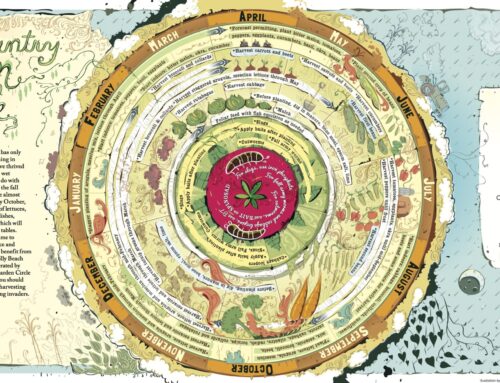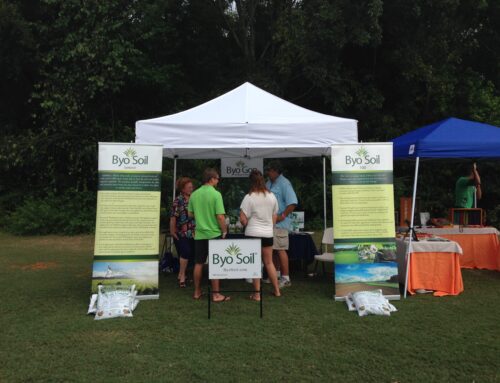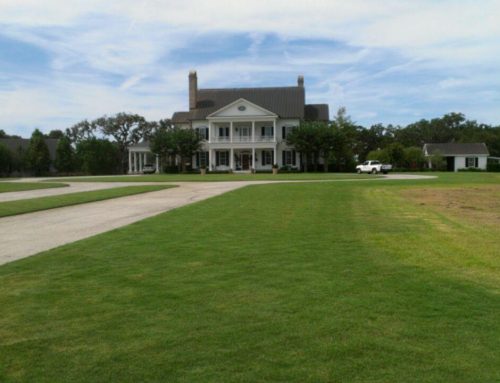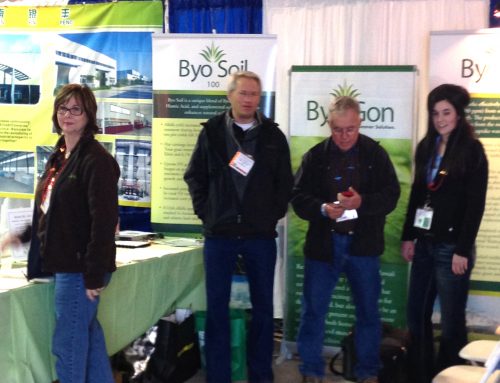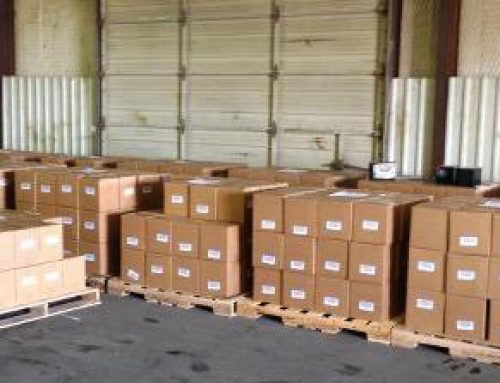Mr. Ronald Pote, President, Byo-Gon, Inc. announces the company is in the final development stages for a new retail gardening product with a launch date projected for the first quarter of 2011 with official release in Charleston, SC.
Byo-Gon, Inc., which recently opened offices in Charleston, provides all natural biostimulant products used in wastewater treatment, composting and gardening, and other applications. The products are sold online and through both domestic and international distributors in Asia, Australia, Europe and South America.
The company is currently working on domestic soil improvement projects in Louisiana, Texas, Oklahoma, New York, and California.
ByoSoil 100 (patent pending) is a blend of a number of unique components designed to correct soil problems and provide enhanced nutrient requirements of plants and crops. The primary ingredients include a proprietary humic acid extract, a blend of N-P-K nutrients, essential soil microbes, and Byo-Gon PX-109®—a proprietary microbial biostimulant.
The product is scientifically designed to restore and maintain naturally beneficial microbial colonies in multiple soil environments. ByoSoil 100 is engineered with nine enhanced plant beneficial soil microbes and is assimilated by plants on a cellular level. This advanced formulas increases natural biological activity,
detoxifies soil from contaminants, accelerates root development for critical nutrient storage, protects against pathogenic diseases, and transports valuable nutrients from the soil into the cell membrane of the plant.
Case studies include alfalfa fields in Ontario and Utah treated during drought conditions to increase protein levels, yield and sustained growth. The Canadian treatment included a 15-acre test plot treated with ByoSoil 100 to compare against a 45-acre conventional plot of land. The conventional plot was treated with 175 pounds/acre of fertilizer. ByoSoil 100 was added to the test plot at a rate of 64 ounces per acre. The test plot yield increased 7% with ByoSoil 100 treatment compared to the yield loss of 32% on the conventional plot.
Texas pastureland was treated in another study to increase cuttings per season and raise protein levels. The pasture was again treated with 64 ounces per acre. The previous conventional fertilizer treatments were at 200 and 300 pounds per acre for application 1 and 2 respectively. Hay cuttings were increased from two per season to three. Plant protein levels were 1.2% on Klein grass and 6.1% on Coastal Bermuda grass.

